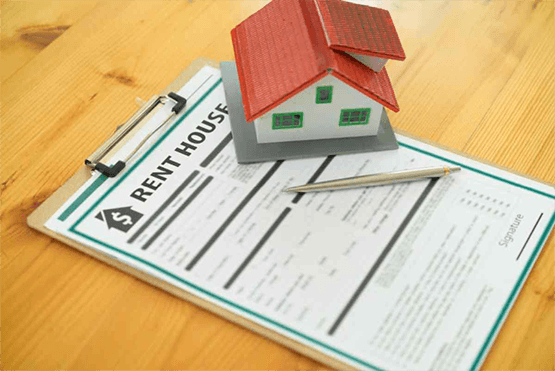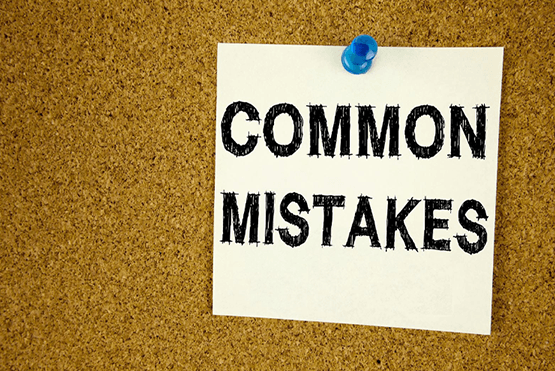In the heart of Ghana, where dreams of a cozy home come to life, the first step toward that dream is often signing a lease agreement. It’s not just a piece of paper; it’s a promise, a commitment, and a significant step towards securing a place to call home. In this composition, we will delve into the world of lease agreements and tenant rights in Ghana, aiming to empower you with knowledge, and maybe a touch of warmth, as we explore this vital aspect of finding shelter.
The Heart of the Matter: Lease Agreements
A lease agreement in Ghana is more than a mere document; it’s a binding pact between a tenant and a landlord, establishing the terms and conditions of living in a rented property. This legal contract typically includes:
Terms and Conditions of A Lease Agreement
-
Duration:
The lease’s timeframe is often the first thing you encounter. It could be for a fixed term, typically one year, or a periodic tenancy which continues on a month-to-month basis.
-
Rent:
This part of the lease sets out the rent amount, due date, and how to pay. Pay close attention to any clauses related to rent increases.
-
Deposit:
Landlords often require a security deposit. The lease agreement should detail the amount, its purpose, and the conditions for its return.
-
Maintenance:
Who is responsible for repairs and maintenance? Your lease should specify whether it’s you, the landlord, or a shared responsibility.
-
Rules and Regulations:
It might outline house rules like whether pets are allowed, noise restrictions, or any other specific guidelines.
Understanding Tenant Rights in Ghana
Beyond the words on the page, your rights as a tenant in Ghana are vital, and knowing them can offer a sense of security and peace of mind:
-
Right to Quiet Enjoyment:
You have the right to enjoy your rented property without interference from the landlord. This means they can’t enter your home without your permission, except in emergencies.
-
Right to Essential Services:
Your landlord must provide essential services such as water, electricity, and sanitation. In the event of service interruptions, they should address the issue promptly.
-
Right to Non-Discrimination:
Discrimination based on gender, race, religion, or other factors is illegal. You have the right to fair treatment when seeking housing.
-
Right to Security Deposit:
If you’ve paid a security deposit, the landlord is obligated to return it to you at the end of the lease, minus any deductions for unpaid rent or damages beyond normal wear and tear.
-
Right to Notice:
If your landlord needs you to vacate the property, they must provide written notice in advance. The notice period is usually agreed upon in the lease agreement.
-
Right to Renewal:
If you’re a good tenant and wish to renew your lease, you have the right to negotiate with your landlord.
As a final point:
Lease agreements and tenant rights are the threads that weave together the fabric of housing security. By understanding these crucial aspects, you can ensure that your journey to finding and maintaining a home is not only legally sound but also filled with the warmth of your rights as a tenant. Remember, knowledge is power, and in the world of tenancy, that knowledge can be a comforting embrace.





